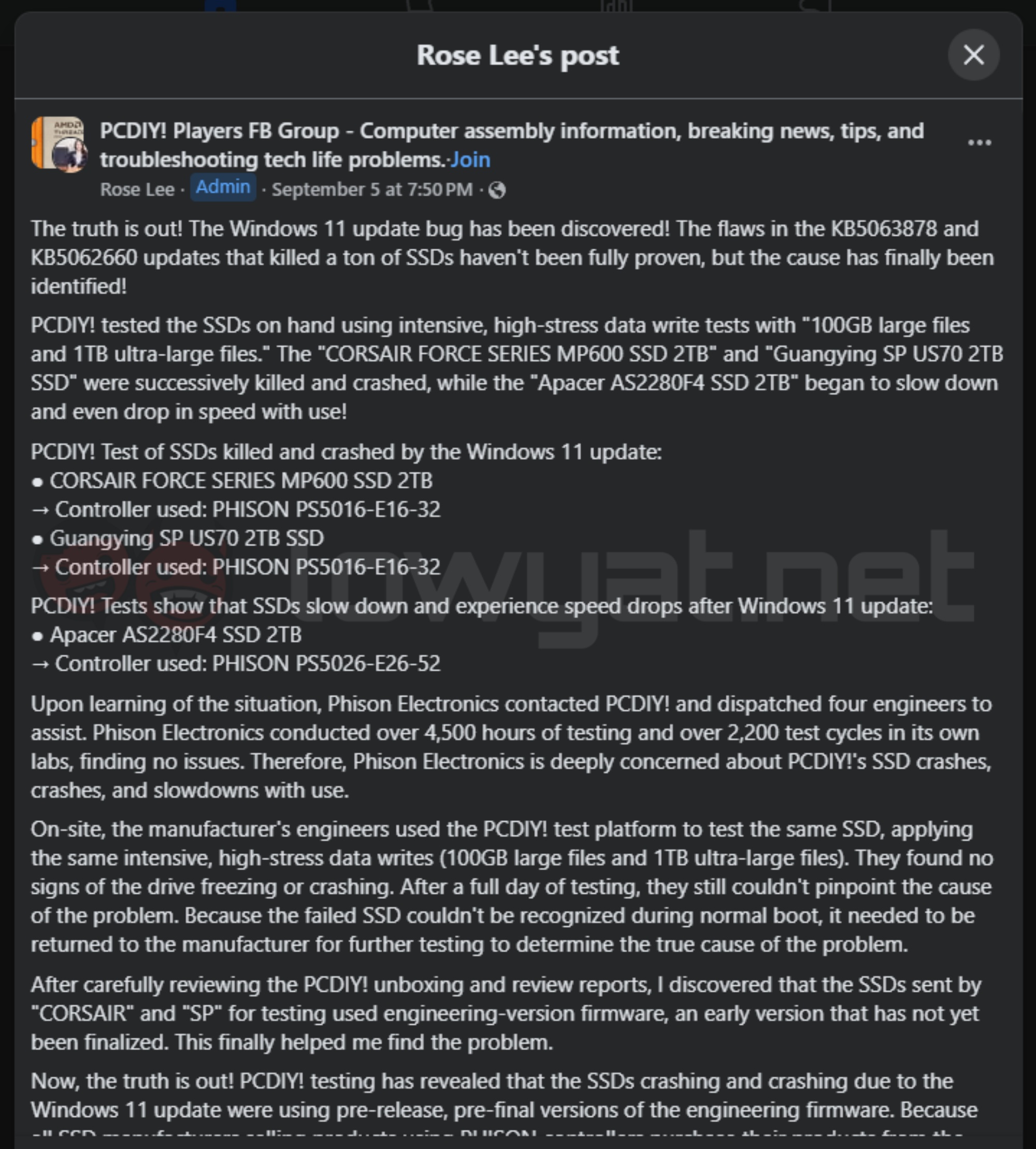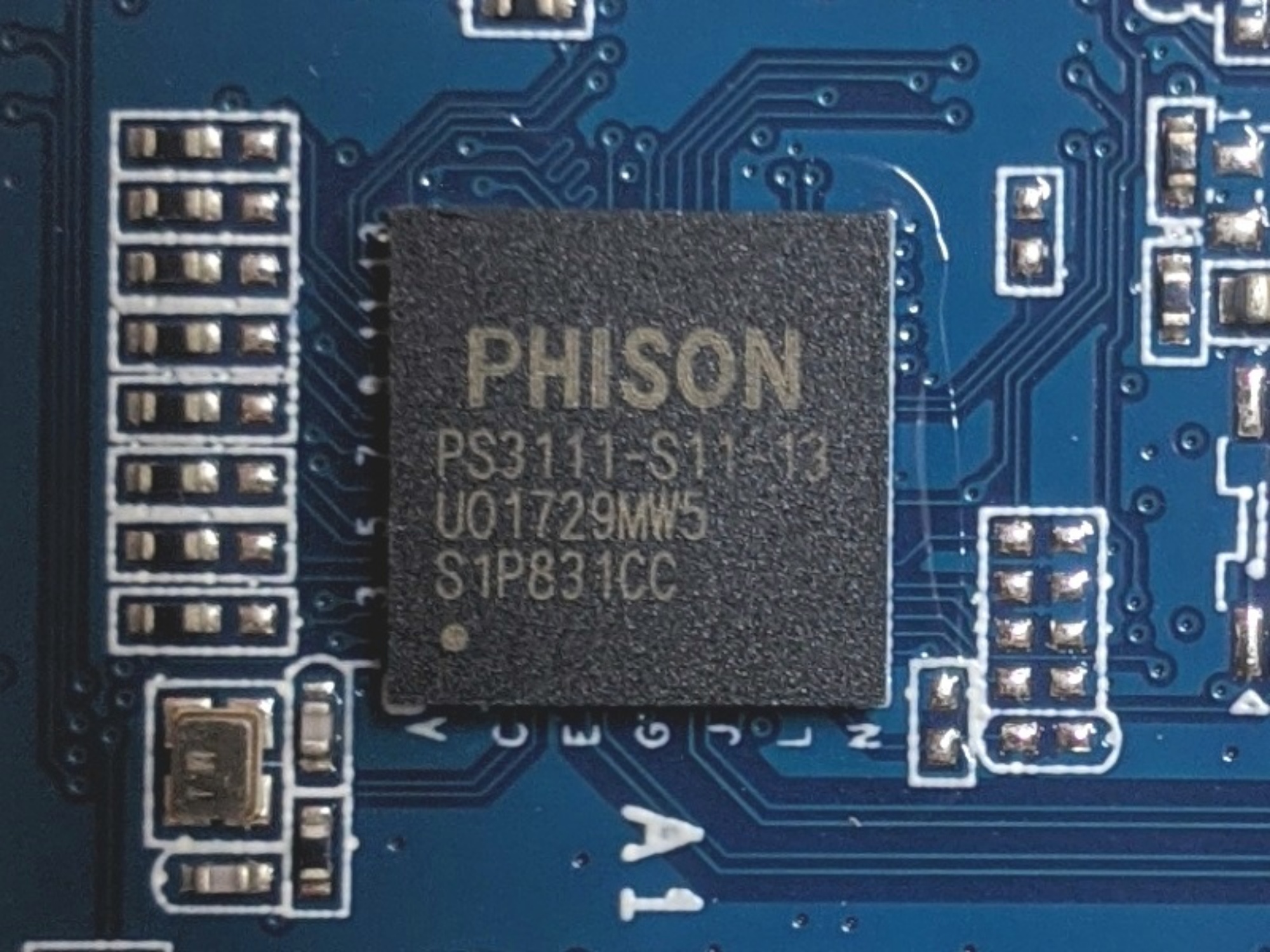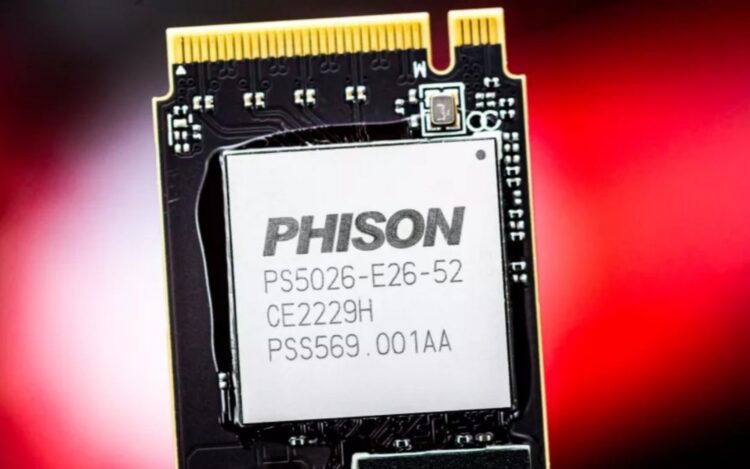The controversy surrounding Windows 11’s August 2025 (KB5063878) update has taken another turn, this time with what looks to be a clearer explanation for the SSD failure reports. To recap, users claimed that their NVMe drives disappeared from Windows or even suffered data corruption when handling large transfers after installing the update.
At first, suspicion fell on Phison-made SSDs, prompting the manufacturer to conduct a lengthy investigation, but the company announced that it was unable to replicate the failures after more than 4,500 hours of testing. Microsoft soon echoed the same conclusion, stating that its own review showed no connection between the Windows 11 update and the types of drive failures reported online. Nevertheless, some users remained convinced the patch was indirectly causing problems.

Just recently, a Chinese PC DIY enthusiast group on Facebook claims to have identified the true root cause. According to the group’s admin Rose Lee, the affected drives were running on pre-release engineering firmware rather than the final production versions. This particular firmware, which is sometimes used in early testing and evaluation units, can behave unpredictably and was likely triggered into failing by the update.
Adding weight to the claim, Lee wrote that Phison engineers have since verified the findings in their labs, confirming that official production firmware does not suffer from the same anomalies. Since consumer drives shipped through retail channels are flashed with the final firmware, the issue should not affect the vast majority of users. This also explains why both Microsoft and Phison were unable to uncover the problem during their own investigations, as their testing focused on retail-ready products.

For those who are still encountering SSD issues of this nature, the recommendation is to update the firmware on the affected drive. As always, it’s best to back up important data before performing the update to avoid further complications.
(Source: PCDIY [Facebook], via NeoWin)


